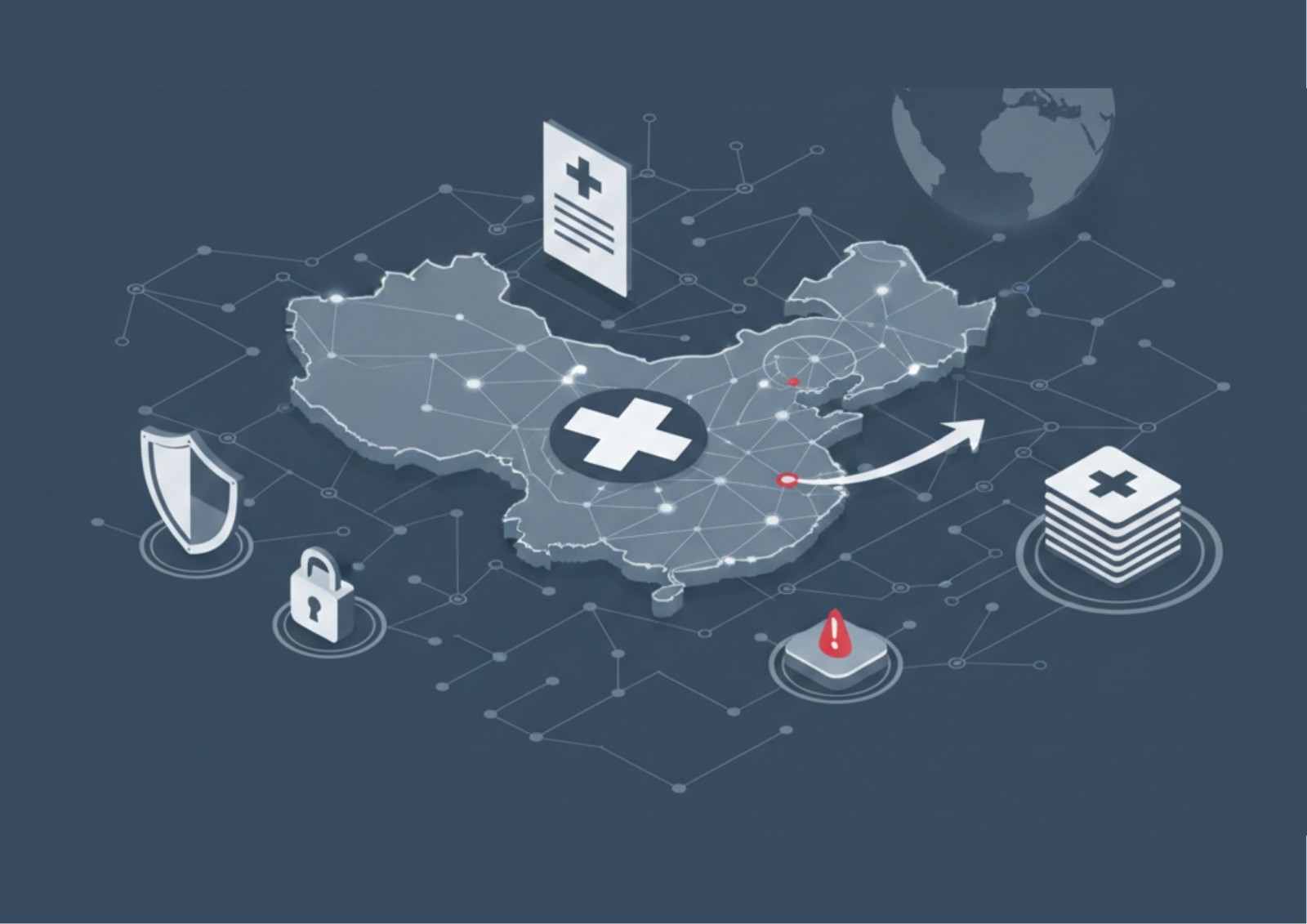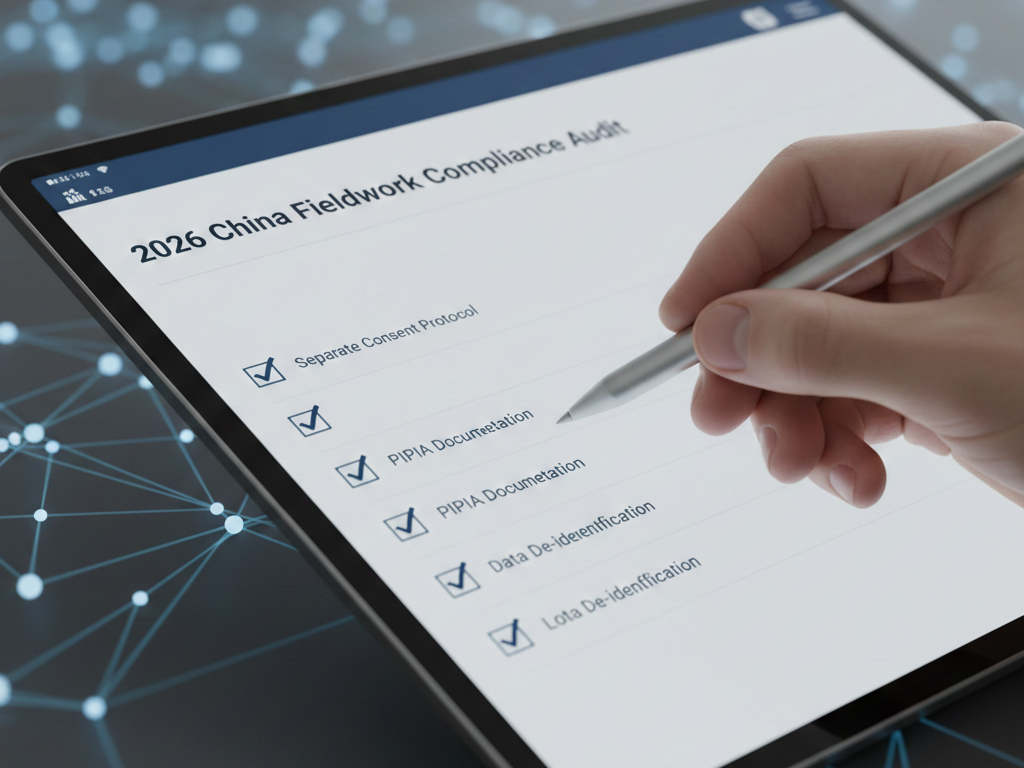
In most industries, panel management is about speed: filling quotas fast, automating workflows, and minimizing cost per recruit. But in healthcare research, the rules are different.
Here, success isn’t measured by how quickly you recruit. It’s measured by how well you uphold trust, from physicians sharing clinical expertise to patients opening up about personal health experiences.
That’s why healthcare panel management isn’t a side function or a background operation. It’s a discipline that requires structure, accountability, and empathy.
Why Healthcare Panel Management Is Different
In consumer and B2B research, participants are often anonymous. In healthcare, they’re not. They’re professionals bound by ethical standards or patients sharing sensitive details about their treatment journeys.
Managing these relationships demands more than project efficiency. It calls for precision, protection, and respect.
At its core, healthcare panel management is not just about finding respondents; it’s about stewarding relationships built on credibility. The best research partners treat panel management as a strategic function, not a logistical one.
What Dedicated Healthcare Panels Get Right
Privacy and Security Come First
Data privacy isn’t optional in healthcare. It’s the foundation of everything. Modern healthcare panels rely on granular access controls, role-based permissions, and data masking to protect participant identities.
No one should have access to more information than they need. This isn’t just compliance, it’s respect.
When you’re handling sensitive medical data, transparency and control are what keep trust intact.
Compliance Is Built, Not Bolted On
In a rush to move fast, many platforms treat compliance as a final check. In healthcare, that approach simply doesn’t work.
Dedicated healthcare panel systems are compliance-ready from the start, embedding pre-approved communication templates, audit trails, and review workflows that meet regulatory standards such as HIPAA, GDPR, and local equivalents.
This kind of built-in compliance saves time later and protects relationships now. In healthcare research, even a small oversight can have big consequences.
Protecting the Participant Experience
Healthcare professionals and patients are not just data sources; they’re collaborators. Yet participant fatigue is one of the biggest challenges in the industry.
That’s where intelligent recontact rules come in. Systems that control how often participants are invited, to avoid overuse and maintain engagement. It’s a balance between continuity and care, ensuring respondents feel valued, not exploited.
In the long run, protecting participants’ time and attention also protects data quality.
Managing Incentives with Integrity
Fair compensation in healthcare studies isn’t just good practice. It’s a compliance requirement. Dedicated panel tools include honoraria management systems that align payments with fair market value (FMV) and handle necessary tax documentation.
These systems reduce manual risk while reinforcing transparency with both clients and participants. When incentives are handled right, participation feels professional and rewarding.
Deep Profiling Creates Smarter Research
Healthcare panel management is also about relevance. The right respondents don’t just fit a demographic; they fit a clinical profile.
Well-managed healthcare panels continuously update attributes like specialty, prescribing behavior, patient volume, and therapy familiarity. This depth allows for precision recruitment, helping clients connect with the right experts and patients faster, with more meaningful results.
Why “Good Enough” Tools Aren’t Good Enough
Generic panel management tools work fine for retail, travel, or media studies. But healthcare research plays by different rules: legal, ethical, and emotional ones.
Using a non-specialized system might save a little time, but it introduces real risk—data exposure, compliance failures, or loss of participant trust. And in healthcare, trust lost is data lost.
The real cost of “good enough” tools isn’t missed deadlines. It’s lost credibility.
Trust as a Competitive Advantage
The healthcare research partners that thrive today aren’t just efficient. They’re credible. They understand that their role extends beyond fieldwork. They are custodians of a system built on confidentiality, fairness, and scientific rigor.
When physicians know their information is handled with care, they participate again.
When patients feel respected, they share openly.
When clients see consistency, they return with confidence.
That’s what trust-driven panel management delivers: not just data, but relationships that last.
Raising the Standard Together
For research teams looking to strengthen their healthcare panel practices, here are a few steps to start with:
• Audit your current tools for security gaps and compliance alignment.
• Set recontact limits to prevent participant fatigue.
• Standardize honoraria management around FMV guidelines.
• Build a culture of data stewardship, not just data collection.
• Partner only with vendors who treat privacy and compliance as core values, not checkboxes.
• Each of these steps reinforces a simple truth: in healthcare, research is only as strong as the trust behind it.
Ready to level up your next survey?
Let’s talk about how smart design and solid fieldwork can transform your research results.
📩 Get in touch with our team at: RFQ@youli.tech
_1769067678558.jpg)

